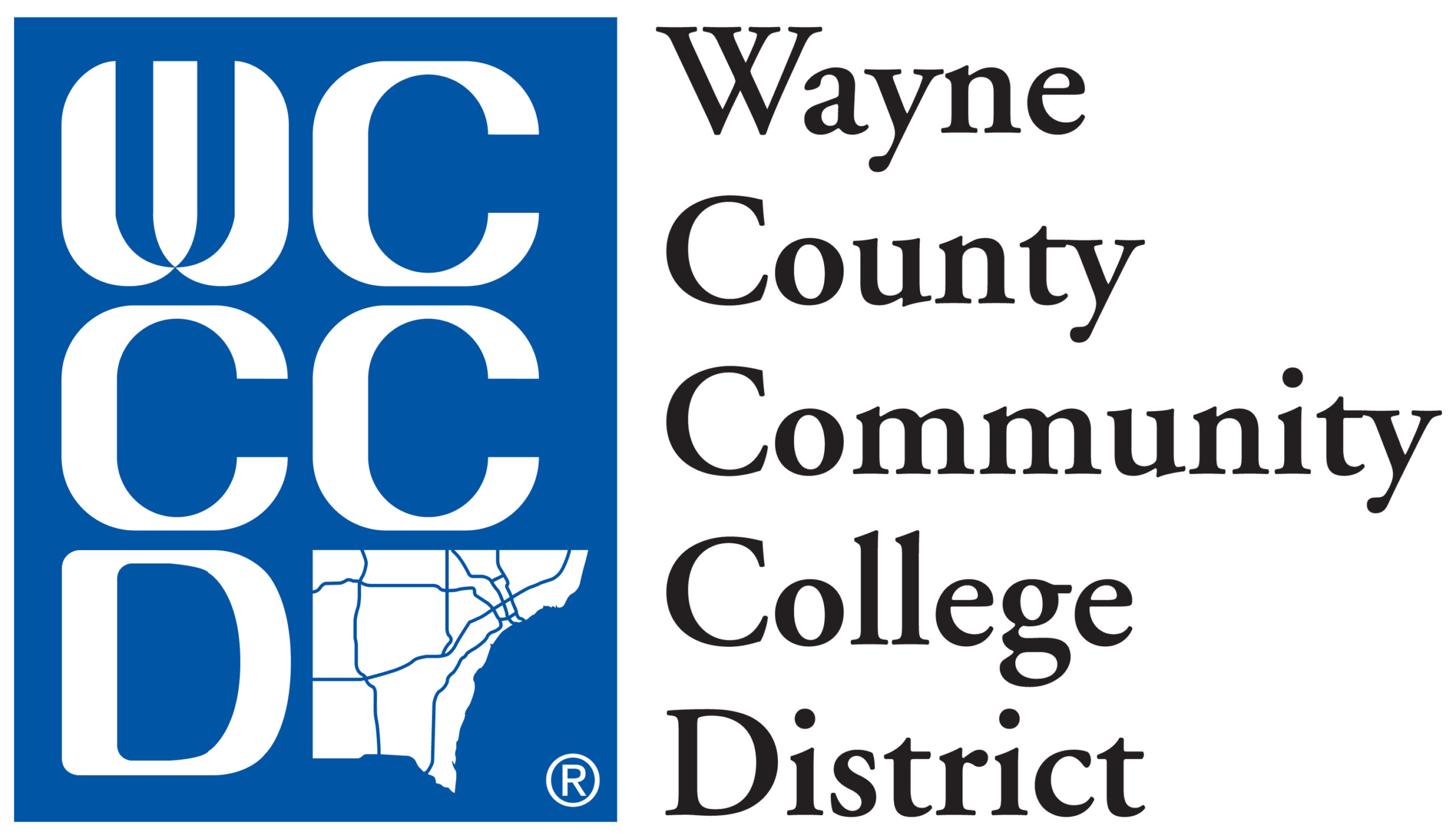Online sports betting has surged in popularity across Turkey, promising lucrative tax revenues for municipalities grappling with budget constraints. As digital platforms make gambling more accessible, local governments are eyeing potential windfalls to fund critical public services. But is this financial boost as straightforward as it seems?
While the allure of increased revenue is tempting, the economic implications of online sports betting extend far beyond the surface. From regulatory challenges to potential social costs, we must weigh the benefits against the risks. Just as business overviews provide insights into long-term financial sustainability, municipalities must carefully evaluate whether they can strike a balance or if they are betting on an uncertain future. Let’s explore the fiscal impact and uncover the realities behind this growing trend.
Overview Of Online Sports Betting In Turkey
Turkey’s online sports betting sector has grown rapidly in recent years, supported by widespread internet access and rising mobile device usage. The market is tightly regulated by the Turkish government, and legal betting is exclusively managed through the state-owned platform İddaa. Despite this, unauthorized operators target local consumers, creating enforcement challenges. In this evolving market, Bahisbey offers a secure and user-friendly platform, providing Turkish bettors with a reliable alternative while promoting responsible gaming and fair play.
Legal Framework and Regulations
The Sports Toto Organization operates İddaa under the Ministry of Youth and Sports. Operating without a license can lead to severe penalties, including fines and prison sentences. The strict regulatory approach aims to limit illegal activities and safeguard tax revenues.
Economic Contributions from Betting
Legal online betting generates tax revenue, with a percentage contributing to municipal budgets. In 2022, İddaa’s turnover exceeded $5 billion, showcasing the sector’s fiscal importance. Local administrations utilize these revenues for infrastructure, education, and public health projects.
| Year | Tax Revenue from İddaa (USD) | Municipal Budget Allocation |
|---|---|---|
| 2021 | 500 million | 40% |
| 2022 | 550 million | 38% |
Impact of Illegal Betting Markets
Illegal platforms divert revenue from municipal budgets, undermining local development. Consumers betting on unregulated sites expose themselves to risks, such as fraud, while governments lose valuable tax flows. Addressing unlicensed operators is critical for maximizing economic benefits.
Social Concerns Surrounding Online Betting
Increased accessibility raises risks of problem gambling. NGOs and research institutions highlight the need for awareness programs and support systems. Municipalities often balance maximizing fiscal gains with minimizing these societal costs.
The Rise Of Online Sports Betting
Online sports betting is rapidly growing in Turkey, supported by technological advances and changing consumer habits. This digital transformation influences local economies and municipal revenues.
Growth Trends And Popularity
Online sports betting in Turkey has seen exponential growth. İddaa, the state-owned legal platform, reported a $5 billion turnover in 2022. Increased smartphone use and internet access fuel this demand. Younger demographics actively participate, driving long-term growth.
Key Stakeholders In The Industry
The Sports Toto Organization oversees Turkey’s online sports betting framework, ensuring legal market operations. İddaa leads the industry by streamlining user-friendly betting solutions. Financial institutions, mobile operators, and cybersecurity firms support secure transactions and data protection.
Economic Contributions To Local Budgets
The financial impact of legal online betting is evident in municipal allocations. In 2022, tax revenues from İddaa funded projects in education, infrastructure, and healthcare. To compare annual contributions:
| Year | İddaa Turnover ($B) | Tax Revenue Contribution ($M) |
|---|---|---|
| 2021 | 4.2 | 350 |
| 2022 | 5.0 | 420 |
These figures highlight how online betting strengthens municipal budgets. However, illegal betting networks erode potential earnings.
Social Implications Of Growth
Growing accessibility raises public concerns about gambling addiction. Educational initiatives on responsible betting aim to reduce social harm. Support systems are essential for addressing addiction risks and promoting public well-being. Collaborations with NGOs can enhance awareness programs.
Regulatory And Technological Challenges
Combatting illegal markets remains challenging. Strict regulations and advanced enforcement technology are necessary. Investment in AI-based monitoring tools and international cooperation can reduce illegal betting and secure government revenues.
Industry innovations and evolving laws shape the economic and social outcomes of this fast-growing sector.
Tax Windfalls: Potential Benefits
Online sports betting presents a promising fiscal opportunity for municipalities in Turkey. Tax revenues from regulated platforms offer funding solutions for local projects while benefiting the broader economy.
Revenue Generation for Municipalities
Municipalities gain significant funding from İddaa’s tax revenues. In 2022, İddaa generated over $5 billion in turnover, channeling substantial amounts towards public health, education, and infrastructure initiatives. This direct contribution strengthens fiscal budgets and enables local development.
Positive Economic Spillovers
Legal betting fosters growth in complementary sectors. Financial services, digital platforms, and cybersecurity firms benefit from increased activity in online betting. Investments in technology and payment solutions stimulate job creation and innovation across various industries.
Fiscal Data Overview
The table below presents İddaa’s fiscal contributions and municipal utilization in 2022.
| Metric | Value |
|---|---|
| Total Turnover | $5 billion |
| Tax Revenue Allocations | $800 million |
| Municipal Projects Funded | 12,000+ projects |
Long-term Growth Prospects
Sustainable investments in responsible gambling and education programs enhance betting’s financial sustainability. Collaboration with NGOs and strict regulatory compliance attract investors, boosting municipal revenue streams long-term (source).
Economic Pitfalls: Potential Risks
Despite the fiscal gains from online sports betting, several risks threaten municipal budgets and economic stability. These challenges require careful assessment to mitigate their impact.
Social And Financial Costs
Online betting’s rapid growth increases risks of gambling addiction and financial distress. Municipalities often bear costs for mental health services and rehabilitation, reducing net fiscal benefits. For example, Turkey’s Gambling Problem Support Line reported a 35% increase in inquiries in 2022, signaling rising social concerns.
Unpredictable Revenue Streams
Revenues from sports betting fluctuate due to seasonal demand and economic changes. Budget planning becomes unstable, weakening municipalities’ ability to allocate resources consistently. In Turkey, İddaa’s 2022 monthly revenues ranged from $312 million to $453 million. This variation complicates fiscal sustainability efforts.
| Month | Lowest Revenue ($M) | Highest Revenue ($M) |
|---|---|---|
| January | 312 | 453 |
| June | 315 | 440 |
| December | 325 | 448 |
Illegal Market Challenges
Illegal betting networks siphon potential tax revenues and hurt the regulated system. In 2022, Turkey’s illegal market accounted for an estimated $4.2 billion, nearly rivaling legal turnover. This undermines fiscal gains at the municipal level and lends urgency to enhanced enforcement measures.
Regulatory Costs
Maintaining compliance and enforcing regulations create administrative burdens. Investments in advanced monitoring tools and cybersecurity strain public funds. A 2023 report by Deloitte notes that combating betting fraud costs governments globally over $800 million annually, indicating the financial weight of regulatory oversight.
Long-Term Sustainability Concerns
Reliance on betting revenues exposes municipalities to potential declines due to market saturation or stricter regulations. Without diversification, this dependency could increase fiscal vulnerabilities, especially during economic downturns. Allocating funds to alternative, stable sources is critical for future stability.
For more on gambling legislation and fiscal risks, see OECD Economic Outlook and Deloitte’s 2023 report.
Balancing The Fiscal Impact
Municipalities in Turkey face intricate challenges in maximizing the fiscal gains from online sports betting while curbing its economic and social downsides. A structured approach is essential to achieve stability.
Regulatory Challenges
Strict regulations aim to formalize betting activities and secure municipal revenues. However, enforcement gaps and sophisticated illegal platforms divert funds and strain local budgets. Advanced monitoring tools and international collaboration can enhance enforcement efficacy.
Policy-Driven Revenue Stability
Policy intervention ensures steadier revenue flows. Diversifying tax allocations and controlling seasonal fluctuations reduces reliance on unpredictable income streams. Engaging stakeholders fosters sustainable economic growth for municipalities.
| Key Metrics | 2022 Data |
|---|---|
| İddaa Turnover | $5 billion |
| Tax Revenue Contribution | $800 million |
| Municipal Projects Funded | 12,000+ |
Innovative Strategies for Growth
Investments in technology and fintech partnerships bolster secure transactions and combat illegal networks. Expanding public awareness initiatives promotes responsible betting, reducing social harm and protecting municipal resources.
Long-Term Municipal Fiscal Health
Prioritizing responsible gambling programs sustains municipal benefits. Allocating tax revenues for education and public health minimizes the social costs of gambling addiction. This simultaneously secures public trust and revenue efficiency.
External sources like OECD insights highlight the value of effective taxation systems, ensuring regulatory advancements support municipal budgets.
Case Studies: Municipal Experiences In Turkey
Municipalities across Turkey demonstrate varied experiences with online sports betting revenues. While some cities harness these funds effectively, others grapple with associated challenges.
Success Stories
Cities like Istanbul and Izmir have effectively used tax revenues from İddaa to fund large-scale public projects. For instance, Istanbul allocated $65 million in 2022 to modernize public transportation networks, improving urban mobility. Izmir redirected $40 million toward enhancing digital education facilities across schools. These successes indicate the potential for well-planned fund utilization to address enduring municipal issues.
Lessons From Challenges
Smaller municipalities encounter hurdles when managing online betting revenues. Cities like Diyarbakir reported issues with fluctuating revenue streams, leading to disruptions in planned infrastructure projects. Additionally, illegal betting activities continue eroding revenue potential. A study from the Turkish Ministry of Finance highlights how illicit channels globally siphoned approximately $400 million in 2022 from regulated platforms. This underscores the need for robust monitoring systems and regulatory enforcement measures to minimize fiscal leakage.
Socio-Economic Impacts on Municipalities
The social costs tied to online gambling also present a complex challenge. Reports show rising addiction rates in cities like Ankara and Bursa, driving up municipal spending on healthcare and awareness programs. Partnerships with organizations like Green Crescent (Yeşilay) target responsible gambling education, but these efforts require sustained funding and collaboration.
Fiscal Growth Through Online Markets Enhancements
Investments in financial technology have strengthened legal betting frameworks. Table below outlines key improvements and annual benefits to municipalities:
| Investment Area | Example | Annual Municipal Benefit ($ Million) |
|---|---|---|
| AI-Based Compliance Tools | Istanbul | 15 |
| Mobile Payment Systems | Nationwide | 27 |
| Cybersecurity Upgrades | Bursa and Izmir | 18 |
These advancements increase sector reliability, fostering sustainable fiscal growth for municipalities.
Visit OECD Taxation or Turkey Revenue Administration for additional insights into related policy impacts.
Conclusion
Online sports betting in Turkey presents a double-edged sword for municipal budgets. While the regulated market offers significant tax revenues that fund essential projects and drive economic growth, challenges like illegal betting networks, social costs, and fluctuating revenues cannot be ignored.
To maximize benefits, municipalities must adopt balanced strategies that strengthen enforcement, promote responsible gambling, and invest in technology-driven solutions. By addressing these complexities, we can ensure that the fiscal potential of online sports betting contributes to sustainable economic progress without compromising social well-being.




























